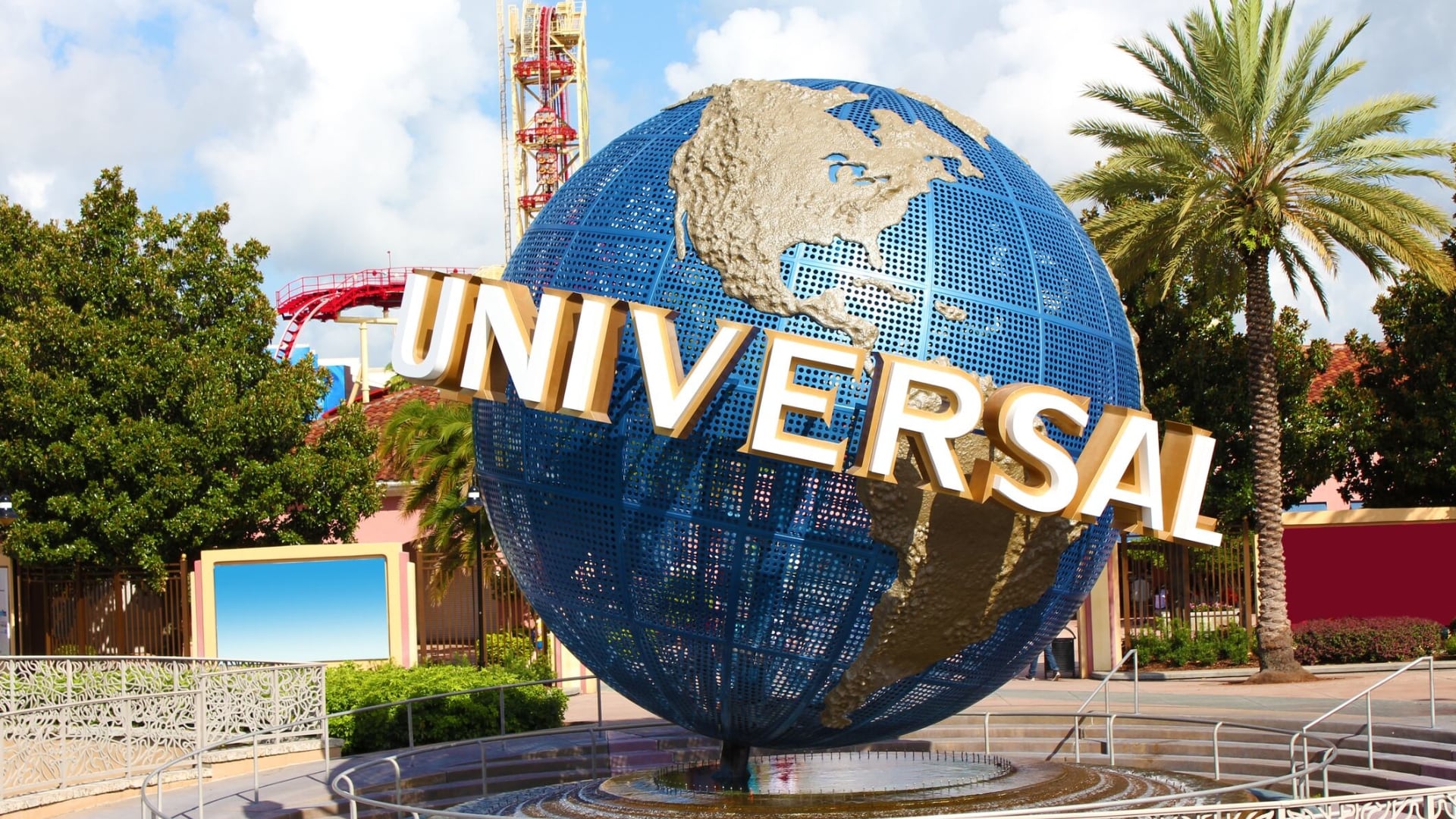The streaming wars are officially in motion, with Netflix, Apple TV+, and Disney+ entering the decade with new fervor. But they aren’t the only players in the game. Now, WarnerMedia's HBO Max and NBCUniversal's Peacock will further crowd the field. While no one knows how consumers will embrace the multitude of options, executives from WarnerMedia tell Cheddar one thing is certain: all streaming distributors are aiming to upend the linear television business model.
"We're not competing head-to-head to convince someone not subscribe to Netflix. All of us are working on how to make this better for consumers," Andy Forssell, executive vice president and general manager of WarnerMedia Direct-to-Consumer, told Cheddar at CES 2020, the major consumer electronics trade show currently going on in Las Vegas.
As new players enter the streaming field, the average number of services consumers will sign up for is anyone's guess. One thing is certain, though: being different is one way to attract consumers. WarnerMedia's chief technology officer Jeremy Legg told Cheddar that developers are working on differentiating their ad-supported version of HBO Max to be more targeted and seamless for consumers. Legg essentially believes that more streaming options means more avenues for content distributors to monetize.
"You're going to have technology platforms that begin to allow companies to monetize in multiple ways," says Legg. "That doesn't mean that the traditional wholesale side of the business is going away, but I do think you're going to have a balance between wholesale distribution and direct-to-consumer distribution."
From the business side, Forssell says he welcomes streaming competition so that all players can experiment with distribution to see which are most suitable for consumers.
As for HBO Max, Forssell says the way to win over the public is through sophisticated and emotional content. "Where we start is that you need to matter to people. We need to make shows that matter to people."








